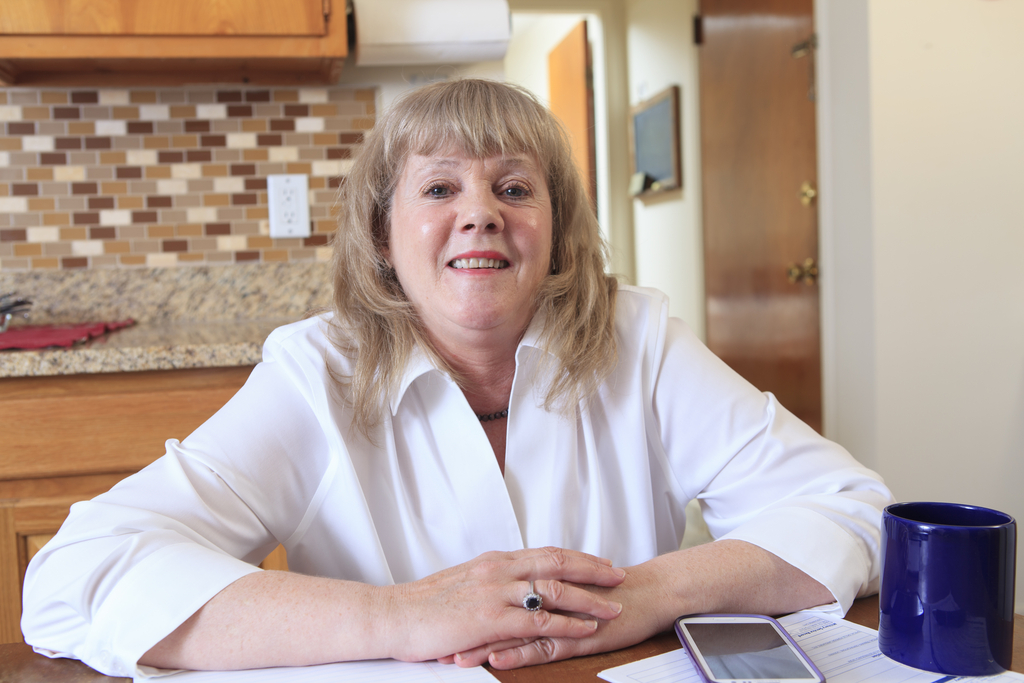Developing Peer Supports for Parents with Mental Illness

Introduction
Parents living with serious mental illness (SMI) often experience significant challenges including social isolation, financial hardship, concerns about the development and well-being of their children, family disruption, and limited access to community-based resources. Moreover, the challenges associated with parenting are often not addressed in the course of routine mental health care. Parents with SMI are motivated by a desire to parent their children, yet there is a paucity of programs or interventions that address the complex and varied needs of these parents. Our goal is to develop a peer support model for parents grounded in empirical literature, with stakeholder input, designed to enhance parental well-being and parenting.
Our Methods
Toward that end, we followed a multi-step process, grounded in the expertise of people with both lived and practice-based experience including:
-
Scanning existing literature on peer support services among individuals with mental health challenges in community-based settings;
-
Conducting interviews with key informants with experience and expertise in peer supports, about the needs of parents with SMI and how peer supports may be beneficial;
-
Creating a Parent Peer Specialist (PPS) Advisory Group, composed of parents, family members, providers, and researchers, to identify the defining qualities of effective, targeted peer support.
The diversity of lived experiences among parents with SMI requires peer specialists who are well-versed in and sensitive to these complexities. Parent peer specialists must be able to empathize and relate to the needs of parents seeking services and to provide support in helping them achieve their goals. Some ways in which parent peer specialists may support parents with SMI include: placing child behavior in a developmental context, assisting with challenges like finding suitable afterschool care, dealing with money or time management strategies.
The combination of perceived similarity and mutuality between parent peer specialists and parents is theorized to enhance parental outcomes. Seeing their experiences mirrored in someone else and seeing that person as successful may provide a useful model for parents to move toward their recovery goals. Some parents may assign more importance on perceived similarity than others. Individuals with similar identities and/or experiences may not necessarily have similar needs. Recognizing the multilayered nature of interpersonal relationships, and not placing undue emphasis on any one category of apparent similarity or “essential peerness,” will likely serve parents better.
Conclusions and Implications for Practice
In summary, parent peer specialists should be parents with:
-
Diverse family histories, backgrounds, and circumstances;
-
Lived experience of serious mental illness and family life; and
-
Realistic and positive attitudes about the potential for recovery.
To identify parent peer specialists, service providers and agencies should consider fit, match, and expertise. Further, parent peer specialists may require “peer-plus” training, coaching and experience to reach and support parents optimally. Given the potential for family values and expectations, and family life experiences to be experienced keenly by both parents and peers, ongoing support may be essential to both.
Note: Adapted from Joanne Nicholson and Anne Valentine (2018), “Defining ‘Peerness’: Developing Peer Supports for Parents with Mental Illnesses,” Psychiatric Rehabilitation Journal, 2018, 41(2) 157-159.
